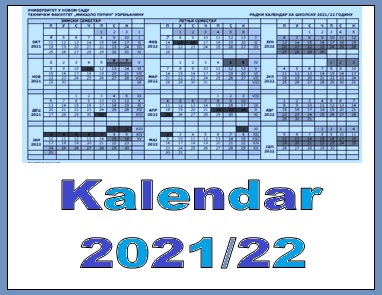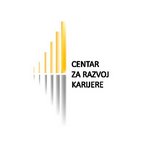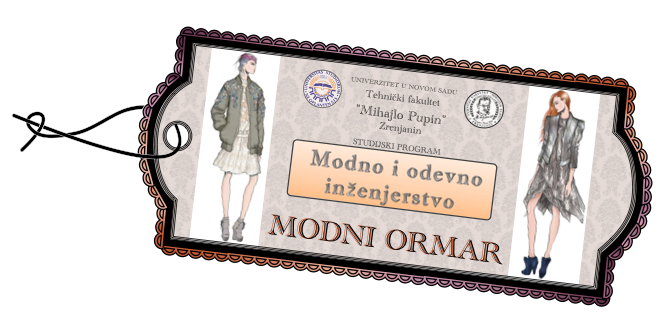Description
The goal of the subject is to acquire basic knowledge in the field of materials science and materials engineering. The knowledge acquired is used for the implementation of development and applied research, as well as for the identification and implementation of tasks related to the production-processing, and the use of traditional and new engineering materials.
Theoretical study:
Introduction to machine materials. Materials and Engineering; science and engineering of materials, types of materials, future trends in the use of materials. The structure and properties of materials. Atomic structure of metals; connections between atoms crystal structure of metals; anisotropy crystals isotropy; polymorphic transformations. Errors crystal structure. The processes of melting and crystallization; smelting; kinetics and mechanisms of crystallization, the effect of dissolved impurities on the crystallization process; modifiers, structure metal casting; errors in metal castings; amorphous (glassy) metals and alloys. State diagram and types of alloys. The importance of studying the diagrams. The phase rule and leverage. The main types of diagrams binary alloys. Types of alloys. Mechanical properties of metals and alloys. Elastic and plastic deformation. Mechanisms of plastic deformation. The hardening of metals and alloys. The influence of plastic deformation on the structure of metals and alloys. Annealing of deformed metals. Recrystallization. Metal forming in warm. Iron and its alloys. State Diagram Iron - carbon. Carbon steels. Alloyed steels. Non-ferrous and light metals and alloys. Copper and its alloys. Aluminium and its alloys. Polymeric materials. Thermoplastics. Thermoset. Elastomers - Rubber. Ceramic materials. Traditional ceramics. Technical ceramics. The hard " metals." Toolbar ceramics. Composite materials. Basis for reinforcement. Reinforcements. Composite types: epoxy - carbon or glass fibers.
Practical study:
Tensile - determination of tensile strength. Tensile - determination of modulus of elasticity. Testing - pressing the determination of compressive strength. Bend test - determination of flexural strength. Shear - determination of shear strength. - Brinell hardness testing methods. - Vickers hardness testing methods. - Rockwell hardness testing methods. Poldi - hardness testing methods. - Hardness testing methods. Sarpi - toughness testing methods. Investigation of fatigue - determination of dynamic strength. Creep testing. Investigation of deep drawing by Eriksen. Examination of plates, strips and wires alternate folding.
General information
Study program: Industrial Engineering
ECTS: 6
Semester: 1
Lectures: 2
Exercises: 2
Lecturer
Ph.D. Slobodanm Stojadinović, full time professor
Email: [email protected]
Course books
- Stojadinović, S., Ljevar, A., Pekez J., Tasić I, Poznavanje materijala, Tehnički fakultet „M. Pupin, Zrenjanin, 2011.
- Stojadinović, S., Pekez J., Tasić I., Mašinski materijali, sadašnje stanje i perspektive razvoja, Tehnički fakultet „M. Pupin, Zrenjanin, 2009.
- Callister, W. Materials Science and Engineering, John Wileѕ and Sons, New York , 1997.
- Đorđević, V. Mašinski materijali – praktikum za vežbe I deo Mašinski fakultet, Beograd.
- Stojadinović, S., Desnica, E., Pekez, J., Osnovi proizvodnih tehnologija, Tehnički fakultet «Mihajlo Pupin», Zrenjanin, 2012. (ISBN 978-86-7672-155-9)











